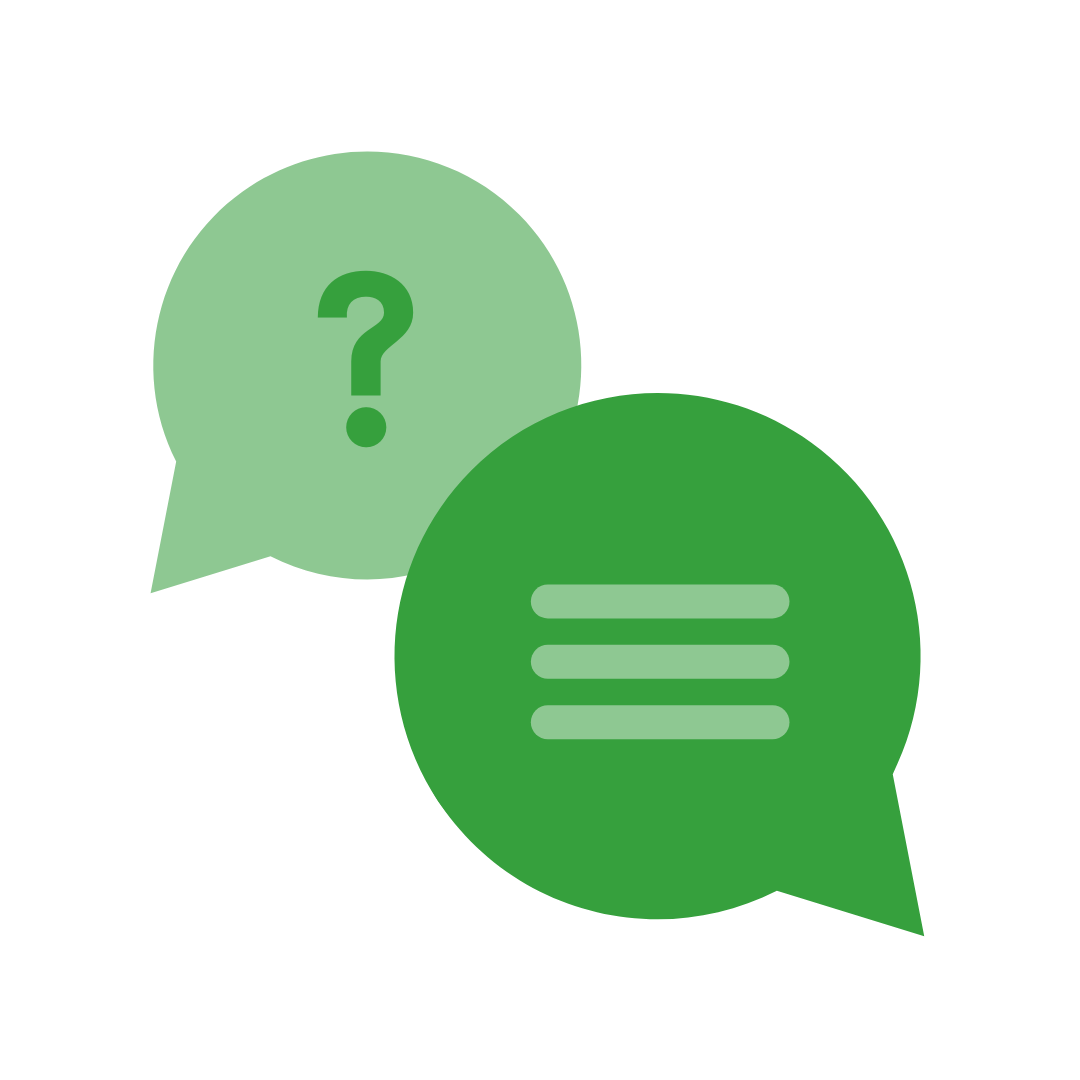Is Zopiclone licensed for anxiety treatment?
In this article, we’ll look at whether Zopiclone is licensed for the treatment of anxiety. We’ll explain what Zopiclone is commonly prescribed for, whether it can be used to manage anxiety symptoms, and what the risks might be if it’s taken for anxiety. We’ll also look at whether Zopiclone can be taken alongside other anxiety medications. If you’re thinking about using Zopiclone to help with anxiety, it’s important to speak to a healthcare professional before starting treatment.
Key Takeaways
Here are the five biggest takeaways from this article about Zopiclone and whether it can be used to treat anxiety:
Zopiclone is only licensed for short-term treatment of severe insomnia.
It is not recommended to take Zopiclone for anxiety.
Using Zopiclone for anxiety would be considered “off-label”.
Taking Zopiclone with antidepressants, sedatives, or antipsychotics can increase the risk of serious side effects.
If you're struggling with anxiety, it’s important to speak to a healthcare professional.
What is Zopiclone used to treat?
Zopiclone is a prescription-only sleeping tablet used to treat severe short-term insomnia. It’s usually prescribed when issues with sleep are having a significant impact on daily life and other methods haven’t worked well enough [1].
Zopiclone helps you fall asleep faster and reduces the chances of waking up during the night. It works by enhancing the effects of a calming chemical in the brain known as GABA (gamma-aminobutyric acid).
Zopiclone typically starts working within an hour and is usually taken just before you go to bed. Because your body can quickly get used to it, it's normally prescribed for no longer than two to four weeks. After this time, it may no longer be effective, and there is a risk of dependence.
Is Zopiclone licensed for anxiety?
No, Zopiclone is not licensed in the UK for the treatment of anxiety. It is only licensed for the short-term treatment of severe insomnia. While some people may feel more relaxed or sedated after taking Zopiclone, this is due to its calming effect on the brain, not because it is intended to treat anxiety.
Using Zopiclone specifically for anxiety would be considered “off-label”, meaning it is being used in a way that is not officially approved by the Medicines and Healthcare products Regulatory Agency (MHRA).
Can you take Zopiclone for anxiety?
Zopiclone is not usually recommended for treating anxiety. It is prescribed to help with short-term sleep problems, not to manage symptoms of anxiety. Although it can have a calming effect, this is a result of its sedative properties rather than it being a targeted treatment for anxiety.
Taking Zopiclone during the day can cause drowsiness, poor concentration and slower reaction times, which may make it difficult to carry out everyday tasks safely. It also does not treat the underlying causes of anxiety. Medications that are used to treat anxiety include Xanax (Alprazolam) and Propranolol.
If you are experiencing anxiety, it’s important to speak to a healthcare professional. They can recommend appropriate treatments that are safer, more effective and better suited to managing anxiety in the long term.
Can Zopiclone interact with medication taken for anxiety?
Yes, Zopiclone can interact with certain medications that are often prescribed for anxiety. These include other sedatives, antidepressants, antipsychotics and medicines used to treat epilepsy [2]. Taking Zopiclone alongside these types of medication can increase its sedative effects, which could lead to drowsiness, confusion, poor coordination, and even difficulty breathing in more serious cases.
Some anxiety medications may also increase the risk of side effects when combined with Zopiclone. Because of this, it's important to tell your doctor about all the medicines you’re currently taking, including any over-the-counter products or herbal supplements.
Final Thoughts
Zopiclone is not licensed in the UK for the treatment of anxiety and is only intended for the short-term treatment of severe insomnia. While it may have a calming effect, this is not its intended purpose. Taking Zopiclone during the day or alongside certain anxiety medications can lead to unwanted side effects, including excessive drowsiness and poor coordination. If you’re struggling with anxiety, it's important to speak to a healthcare professional who can recommend safer and more appropriate treatment options tailored to you.
